6 Simple steps to better business cash flow in Perth
Whether you already run your own business or are about to start one, cash flow is one of the most important aspects of running your business and you need to ensure you are on top of it at all times, especially when you consider that poor cash flow is the main reason most small businesses fail. It really is an area you can’t afford to overlook.
To help you we have put together our 6 simple steps to achieve better business cash flow in Perth:
1. Get your invoicing right
Invoicing is a major part of better business cash flow in Perth. Once you’ve delivered a product or service, don’t delay in issuing an invoice as that can hurt your cash flow and your business. You should get into the habit of issuing an invoice immediately the job is done.
Consider asking for either an upfront payment or part way through the job. It’s a reasonable request.
You have already outlaid money for products or services provided to your customers, so the sooner you invoice them, the sooner you’ll receive payment.
2. Keep your books accurate and up to date
Achieving better business cash flow in Perth is reflected in your accounting and reporting, so make sure your records are updated regularly so you can check the financial state of your business at a glance. If you are struggling to do this consider engaging a bookkeeper for a few hours a week to assist.
3. Keep on top of debtors
Don’t be too lenient with customers who are slow in paying. A polite yet firm approach will usually deliver results, but don’t be afraid to take more formal action if you need to. There are a lot of debt collection agencies you can use to assist you. Sometimes, just knowing that you are on top of your outstanding invoices and prepared to take action is enough to encourage even the most difficult of customers to pay up.
Keep a close watch on your accounts receivable turnover at all times. If it’s trending up, it might be time to step up your efforts in chasing payments and you should act sooner rather than later.
4. Keep your accounting simple
If you’re not confident about your record and bookkeeping practices, engage an accountant. Use quality accounting software, so you’ll always know how your business is performing.
What’s more, a reliable accounting system will help you track and report on operating margins and inventory turnover. Having a good handle on this will help you achieve better business cash flow in Perth – and take advantage of new opportunities.
5. Keep your business and your personal finances separate
This is essential if you want to understand your business cash flow and forecast how it might change. That way, you’ll know how financial your business is and you’ll be in a good position to use excess resources to strengthen and grow your business.
6. Try to set aside some funds
Access to reserved funds will make or break your business, so set aside some funds so that you can take advantage of new opportunities as they arise. This will also provide a cushion if you need to manage unexpected events.
Building a reserve of funds puts you in a position of strength. To achieve this, you may need to pay yourself a little less in the short term, but in the long term it will put your business on the path to success. That ultimately means more money in your pocket.
So, if you run a business and want help to achieve better business cash flow in Perth contact the experts at BSN & Co. We will be happy to help.






